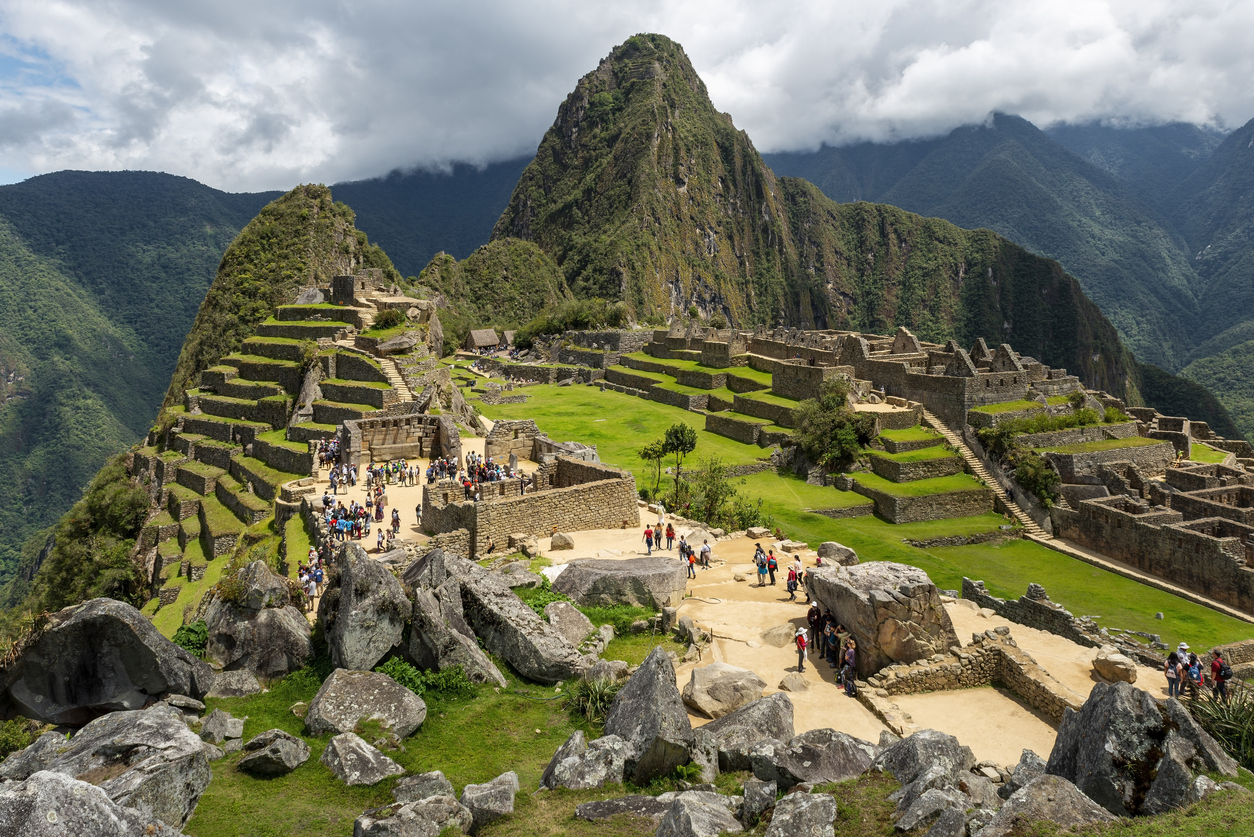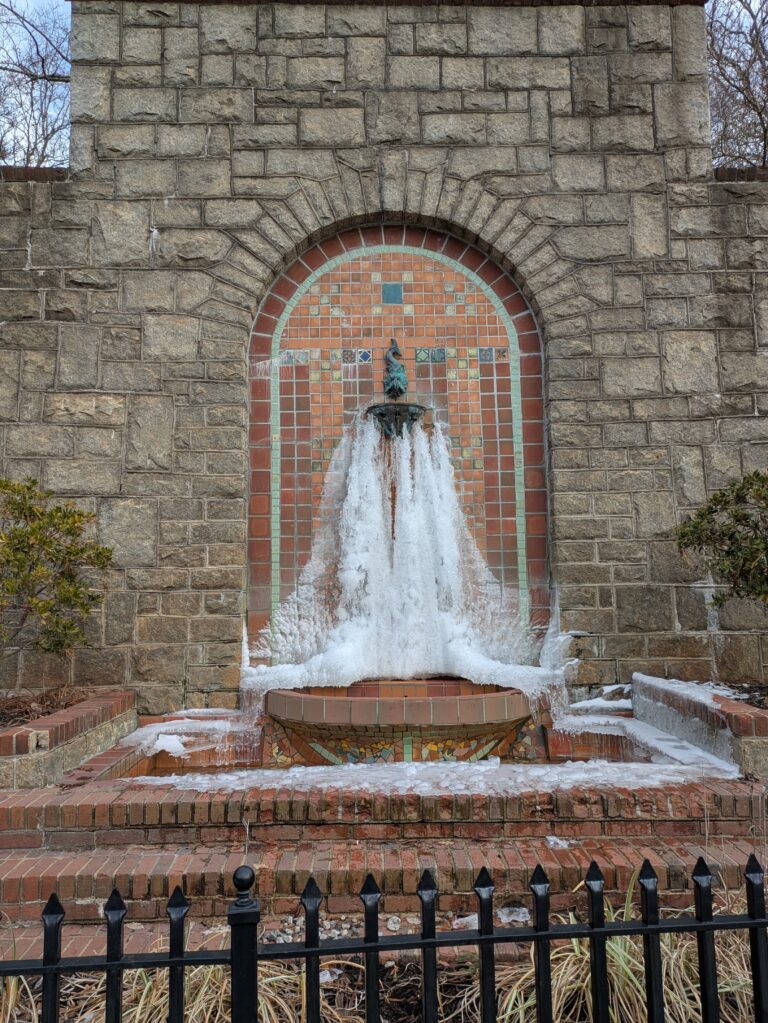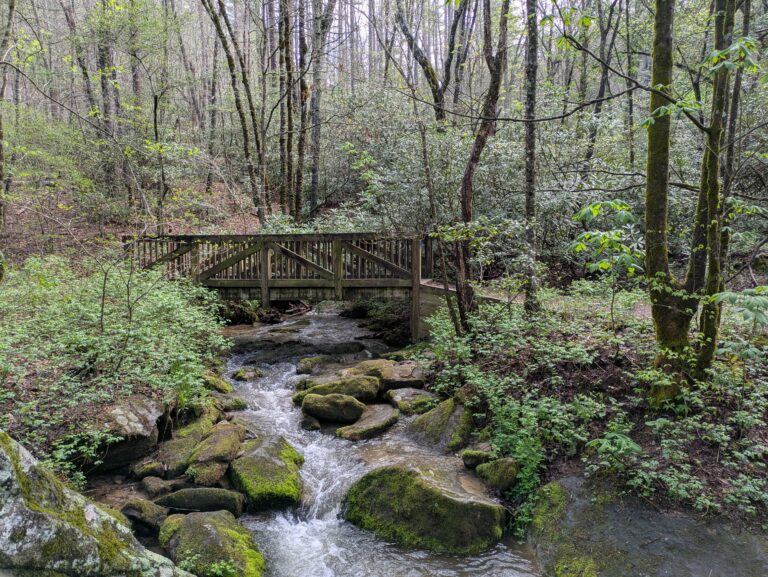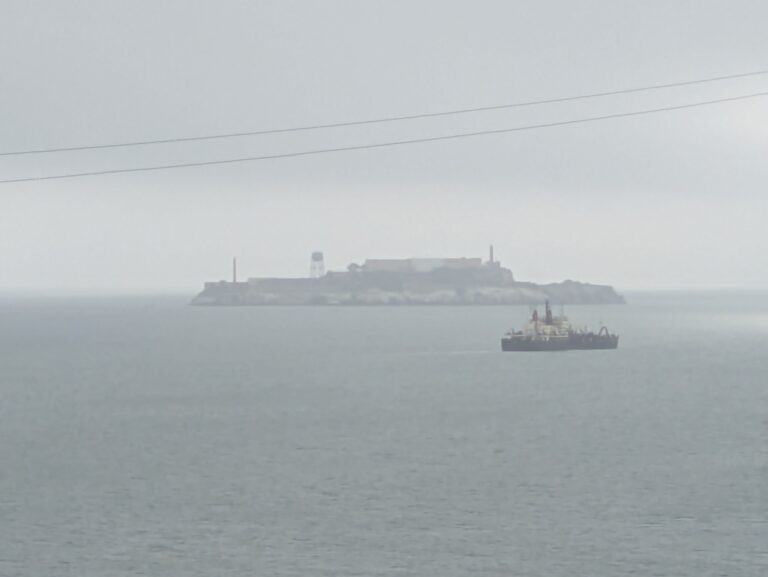The farmer wakes up to another morning in the Incan empire. He gets up from his straw bed and makes an offering to one of the Incan gods at the shrine by his bed. He then wakes up his wife, who will care for the children and garden in their herb garden. He then wakes up their two children, one boy and one girl. They then gather themselves and make an offering to the shrine of the sun god on the wall. After the family finishes their prayers, they wash their faces from the stone bowl on the floor. After they’re done, the mother refills the bowl from the pipe in the wall, which comes from a nearby spring. They all eat their breakfast and talk about their dreams. The boy has a dream related to the vital job of a priest, and the father takes that as a sign that the boy will grow up to be a priest. The girl then speaks and tells of a dream related to a doctor, and the mother takes that as a sign that the girl will grow up to be a doctor. After eating their corn and bean soup, they each go to do their jobs. The children and the mother will work in the garden and go into town to buy supplies. The father, meanwhile, will go to the fields and work on their plot of land. He then packs some food to eat for a small lunch. He grabs his hoe from the wall and heads out. On his way to the fields, he comes upon the high priest. He bows before the priest until porters, who carry the priest in a basket-like chair, pass by him.
The man continues to the family’s strip of land on the terraced mountain but is shocked by what he sees. He sees a group of llamas eating his crops, and the man runs to the llamas. He hopes they will run away, but they don’t. They look at him like he’s the stupidest man in the world, and the man almost crumbles in despair. He reaches for his hoe and threatens them by swinging it before them. They start to back down, but they still don’t run away. He begins to tap them softly, and they then gallop away as fast as their furry legs can carry them. The man then looks after them, confused, before returning to work. He scoops up the dirt scoop after scoop, replanting the plants that the llamas ate. Thankfully, they didn’t eat much of the corn, beans, or squash. He then tended to these plants for the rest of the morning, ensuring they were all right. He stopped for lunch, eating some beans and corn. He ate quietly, looking out across the city of Machu Picchu. The temple of the sun god with its gold roof glinting in the distance. The other temples were gathered around the sun god’s temple in the city’s center. The temples stood on the central plaza, and a great crowd gathered there. The other terraced farms were to the man’s left and right. On the other city, directly in front of him, was the fortress that protected the town from raiders and bandits.
Surrounding the whole city was a great wall with carefully carved stone that added protection against raiders and bandits. Beside the plaza was the great market, where the rest of the family was. Throughout the city, though, many one-room houses housed the villagers. Near the temples were the palaces that housed the nobles, high priests, and priestesses who ruled the city. They ruled the city based on a council that served the emperor of the Inca. The palaces were gilded with the finest gold from the mines in the south of the empire. On the man’s left was the river that wasn’t useful to them since it lay in a ravine. The city’s primary water source was the surrounding springs, which ran from the mountains providing a natural barrier. But the thing that the villagers were most proud of was the roads that snaked through the city. They carried food, soldiers, villagers, and messengers. They were the veins and arteries of the Incan Empire. They allowed the government to respond quickly to invasion and civil wars compared to the European and other American empires. As the day neared an end, the man hurried along the smooth roads to his house, hoping to find a delicious meal awaiting him at home. When he got home, his speculations were correct, and he talked with his wife and children about the day’s adventures. After dinner, when the parents had put the children to bed, the mother motioned for the father to come over.
The mother said she heard the messenger say that new people had entered the market. They were white people who arrived in huge canoes powered by clouds and armed with large and fast llamas. They had four logs that shot fire and three sticks that also shot fire. But their primary weapon was a long stick with metal on the end. This metal was much stronger than the Incan’s flint, which was on most of the weapons that they had available. There were only 300 men, and the Inca had about 5,000 to 10,000 men armored with flint weapons and clubs. But there was one rumor that was more disturbing than the rest. These white people carried many sicknesses that were unrecognizable to the Inca. In the end, the parents hoped that their armies would defeat these invaders and that they could cure this sickness. But history would choose another course.





